INDUSTRY SPOTLIGHT: Interview with Edsel Label Manager (part 2)
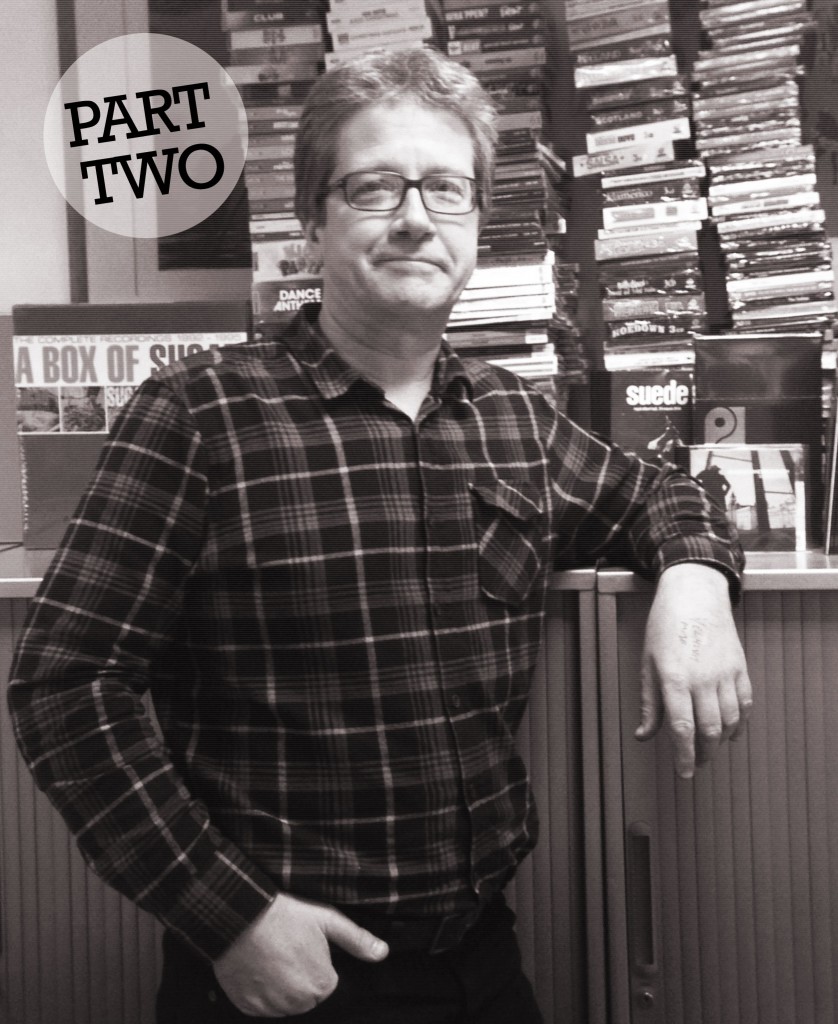
Yesterday we published the first part of our interview with Edsel Records Label Manager Val Jennings, where we discussed (amongst other things) working with Suede and Elvis Costello on their reissue programmes, and the challenges of putting re-releases together.
Below you will find the final part of this interview…
SuperDeluxeEdition: When you get the ‘thumbs up’ from the major label to license tracks for a reissue, how do you decide whether you’re going to do a one-CD with bonus tracks at the end, a 2CD, a 2CD+DVD? Is it commercial considerations, how many tracks are available?
Val Jennings: It’s all of those things. You have to assess each one of them as they go. In the case of The Beat, say, having looked into what video material was available, there was some mileage in doing the DVD and disc two we had the radio sessions, 12” mixes and ‘CD1’ could be the original album – so that made sense in that instance.
SDE: You mentioned EMI earlier. It seemed rather surprising that they were prepared to license out their Robert Palmer albums to Edsel, rather than doing it themselves.
VJ: Yes, very surprising.
SDE: What does that tell us about how the industry is at the moment, with regards to the majors in particular?
VJ: In some instances it tells you that they don’t know what they’re sitting on a lot of the time, or they know or recognise what they’re sitting on, but don’t have enough staff to deal with it. Inevitably, in a major record company, where the thrust is more with today’s pop acts, the executives are likely to be in their thirties or forties and they just won’t know a lot about what the old stuff is. They won’t have a perception of where it sits in the great scheme of things, and they won’t know whether it’s worth anything or not. Something like Robert Palmer – people had forgotten about him because he’s been dead for ten years…
SDE: And the general perception might be that he’s the man who had a couple of hits in the mid-eighties..
VJ: Yes, they just think it’s Addicted To Love and that’s it. So I was amazed when EMI let us have that, because I’d spotted that they [Palmer’s four EMI albums] weren’t available.
SDE: Especially, when you think the amount of money EMI spent luring Palmer away from Island in the eighties..
VJ: Yes, and the expense of making those records…
SDE: Why did you do your recent Robert Palmer reissues as two-for-ones and not do them individually?
VJ: I wasn’t sure that your average Robert Palmer fan would actually buy four of them. I thought we’d do better with two of them. £40 on those albums would be stretching it a bit. You have to have perceived value, if you like.
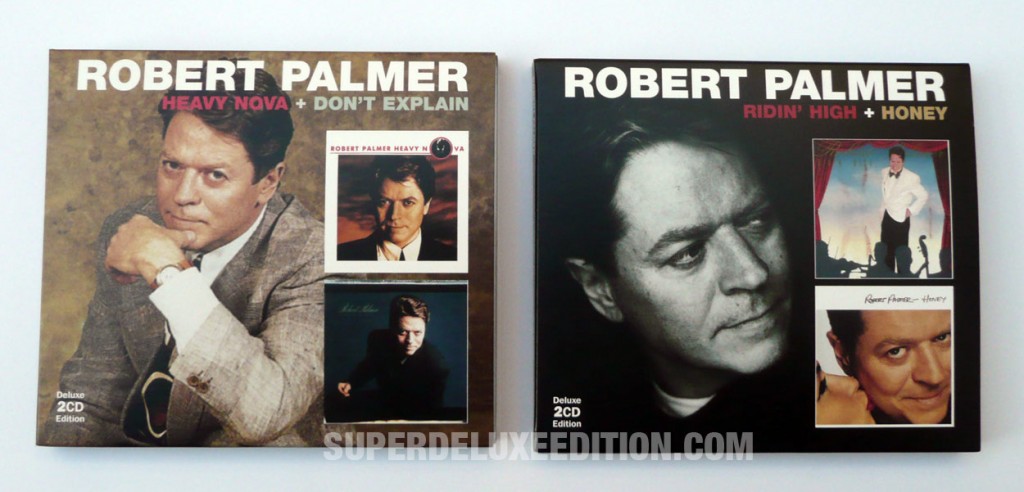
SDE: For those reissues, did you ever consider the video material that was around at the time?
VJ: With EMI and the state of flux they’re in, no. We’ve never licensed anything from EMI that’s included any video.
SDE: It might have stopped the reissue from happening?
VJ: Quite likely, yes. The different departments, the different contracts…. it becomes such a trudge.
SDE: But that seems to be a chasm that a lot of material has fallen into, because there is a hell of a lot of stuff out there that’s still only available on VHS.
VJ: In the case of the Levellers, I was pleased to be able to put two of their concerts on DVD for the first time…
SDE: But if that VHS material related to those Robert Palmer reissues didn’t make it onto DVD as part of your reissues, then it’s probably never going to make it on to DVD – that’s the sad thing.
VJ: Probably not, no. But the other thing [to remember] is that it costs quite a bit extra, not necessarily to manufacture the DVD, but certainly to author it. It’s a very expensive process and you’ve got to be damn sure that you’ve got enough to a) make it appealing, and b) by making it appealing, make sure you’re going to sell enough to cover the cost of doing it. It remains an expensive and time consuming process, not only authoring but getting copies of all the video tapes…. audio tape copying is a lot cheaper than video tape copying, so it’s quite an outlay, getting a DVD together, no matter how long or short it is, irrespective of the contractual constraints, that might get in the way.
SDE: Over the last 12 -18 months Edsel have had quite a variety of packaging. You have the case-bound books, the digipacks, the standard 2CD jewel case. How does that decision get made?
VJ: It depends on the royalty rates from majors, the material, the act… The Beat were better in the packaging they were in [8-panel digipack], rather than, say, a case-bound book. It would look too ‘bookish’ – literally – for The Beat. Whereas with Everything But The Girl, the whole feel of it was a bit more ‘booky’, so that’s why they were like that, same with Aztec Camera. The slipcase [with jewel case] thing is more for material that we don’t control, because the books cost a bloody fortune.
SDE: Yes. My perception was always that the casebound books look the most expensive to produce.
VJ: They are, so you have to be sure you’re going to sell as many as you make, that’s another consideration you have to have. In the case of Robert Palmer, I don’t think he would have fitted the books anyway, but I wasn’t as sure as I could be with some of the other things, that we’d sell enough to merit the expense of doing it in the books.
SDE: You mentioned Marc Bolan earlier. You have recently produced the T. Rex Slider super deluxe box set, and there was a little bit of criticism over the cost of it, from fans. Do you think there is a limit to what people are prepared to pay for these expensive sets, regardless of how good the content is? Where do you draw the line and get the balance, between great content and what people are willing to pay?
VJ: I don’t know, it’s difficult to say. Again it’s a case-by-case thing really, the nature of the act, how long they’ve been around, how under or over exploited it’s been, the age of the likely customer base for it. I’m amazed by the prices of some things I’ve seen online – some things I’ve seen in the fancy boxes are way too overpriced. That Elvis Costello spinning wheel thing [Spectacular Spinning Songbook Super Deluxe Edition at £200], even he thought the price was stupid. Ours [The Slider] was based on a financial model, it cost that much to do, we sell it to Amazon for this much, and then they sell it on. Amazon’s mark-up is entirely up to them – it’s got nothing to do with us. Within its lifetime when it was first put up there, its price veered widly within a £30 band, over which we have plainly no control.
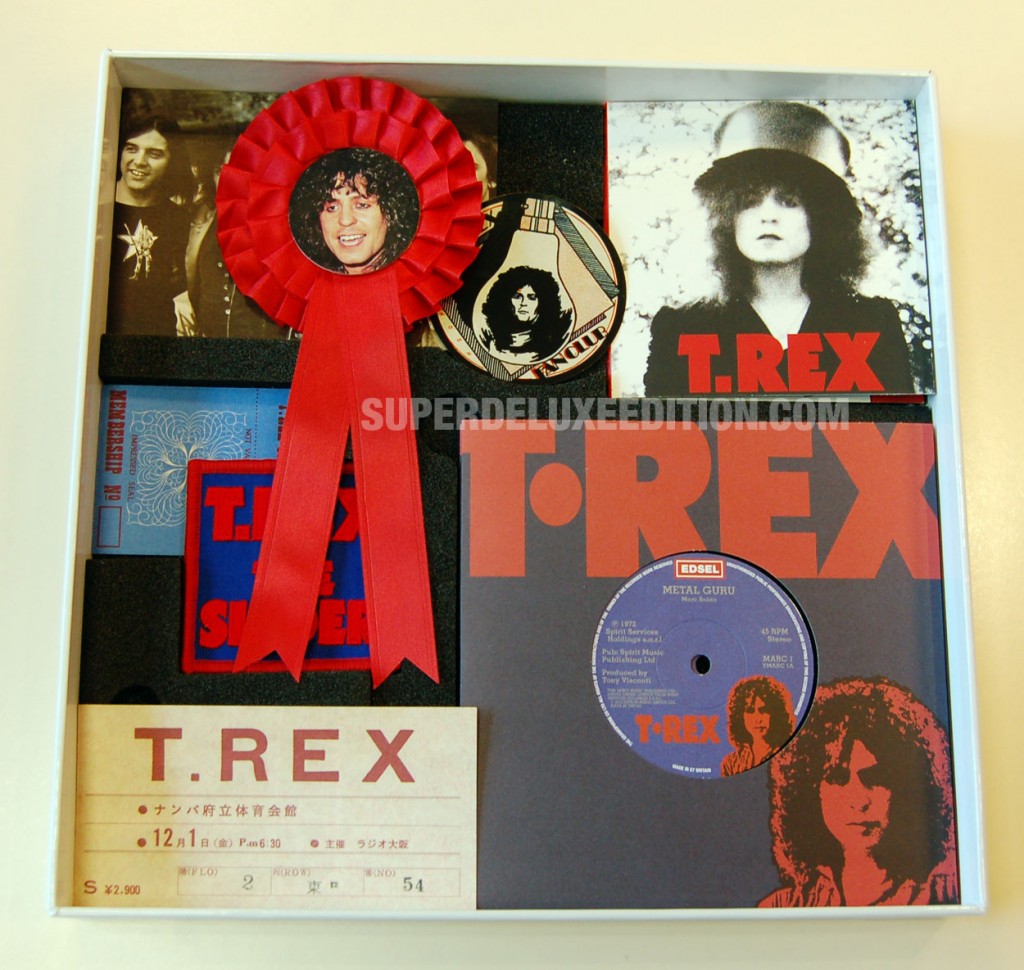
SDE: So you’re saying when they had it on Amazon for £120, they were being a bit greedy with their mark-up?
VJ: Yes. It started at £130 I think, and at one time it was £110, but the price they paid us has never changed, which I suspect people don’t realise.
SDE: What’s your view on this new market that’s opened up in the last few years – the Super Deluxe Edition box set?
VJ: I think everybody’s got to be very cautious with it, because people have only got so much money and one should only do those sets if you’ve got enough to put in them, if you like. I think in the case of the T. Rex ones we had some very nice things to put in. But there might be another one I might do that will be a lesser item, because there is only so much you can put in it, and the price will fit that.
SDE: But do you see yourself doing more of them, if the product is right?
VJ: Yes, I think there is mileage in that.
SDE: In your T.Rex box there was lots of vinyl and lots of CDs. Many fans regularly complain to SuperDeluxeEdition about having to buy vinyl as part of a box when they don’t even own a record player. What’s your view on that?
VJ: Well they don’t have to buy anything (laughs)
SDE: Yes, but they’re not being given the option, to buy a version without vinyl, that is the point.
VJ: They can give the vinyl to somebody else… I don’t see that argument at all. It’s supposed to be an all-embracing package. The album came out on vinyl originally, there it is. It’s a commemorative thing, if nothing else. I particularly liked the rosette in there, which I thought was a nice memento of the era, but if you’re only interested in the music [you might think] why’ve I got this bloody rosette? So there’s no way you’re going to keep everybody happy.
SDE: Have you got any interest in hi-res audio? When you get into the territory of the super deluxe edition some of them come with hi-res, maybe surround from an old quad mix
VJ: That only really works if you’ve got perfectly preserved tapes and a lot of them. And an act that suits it. Who wants hi-res audio of The Beat?! Pink Floyd, yes, brilliant. It’s like what Robert Fripps doing with King Crimson – 15 discs – who’s got the machinery to play all that on!? In the end, why do I have to buy all that just to get… in the end I won’t bother then.
SDE: With the King Crimson set [Larks’ Tongue In Aspic], there was a smaller version that was considerably cheaper, but you didn’t do a cut-down version of the T.Rex box – why not?
VJ: No, because… [pause] I felt that it was all or nothing. We may revise it, but I doubt it, to be honest. And it may not have the Toni Visconti remaster, but the 2002 edition is quite nice.
SDE: How has the task of maintaining a commercial and profitable organisation and selling reissues changed with the challenges within the industry and downloading etc. You did mention earlier about amazon, expanding your market…
VJ: I would say that, yes, if anything it’s got easier to sell them because they’re everywhere and they can be on amazon UK and somebody in Alaska can buy it. Everything is available to everybody, which means potentially you can be more adventurous on occasions. We don’t tend to be, but someone like Cherry Red can be. They put out some incredibly obscure stuff. But it works for them.
SDE: But in terms of licensing, is that any different. Do majors demand a higher licensing fee?
VJ: It goes in waves. Depends on the prevailing wind. Sometimes it’s easy, sometimes it’s too difficult to do, so we won’t. It can depend on change of ownership – Warner Bros. has changed hands a couple of times, and now of course they’ve spent a large amount of money buying Parlophone, or what’s left of Parlophone. That might move the goal posts for somebody, because of the contractual issues involved in that. One thing that is bothersome though is that the retail price of CDs is never going to go up again. Thus, the perceived value of recorded music has been driven down. If you think back to 1979 when I started working in Our Price, a new LP was £5. My wages per week in Our Price then were £55. If you did the same comparison now, it would be nothing like that. 9% of your wages for one record! The price dropping in the way it has, that’s made life more difficult – unless you’re Cherry Red apparently – because something really, really has to be viable.
SDE: And without giving away any trade secrets, what’s the pricing model? Sometimes you see stuff on Amazon – a 2CD, deluxe edition, quite nice packaging and it’s £4.99 or £5.99 – how can anyone make money on that?
VJ: Sometimes Amazon seem to sell at a loss. I sometimes see our stuff on Amazon and they’re selling it at less than they would have paid us for it, or their mark-up is tiny… or it’s huge! A year and a half ago the five Suede albums were all different prices, despite the fact that they were paying us the same money for each one of them. I don’t know what their rationale is. Now they are in a sense the principal player in town, with no HMV.com and Play.com not selling CDs aggressively anymore, whether the prices will go up or not, it will be interesting to see.
SDE: How do you see the life-span of the CD as a music delivery format?
VJ: They’ve been saying the CD is dead since 2004. In the reissue arena people want something on the shelf. Having said that, we’ve sold a lot of Beat first album downloads, to my surprise, but that aside it’s [the CD] definitely not dead. If you’re buying a reissue you want the package on the shelf, because you’re buying yourself a reminder of how you originally owned it, albeit smaller. It’s got to have some reference to what you originally enjoyed.
SDE: So you see reissues almost protected in a little bubble, against the downloads market?
VJ: Yes, because you can’t download a casebound book, or a digi-pack. With the fancier packaging, you can’t replicate that with a download. Until our particular age group all fall off the perch, and while there’s an outlet to buy them in, I think there’s a while in it yet, myself. And, in truth, today’s new albums are still selling on CD, still 60% of the market.
SDE: Which era lends itself to deluxe reissues? Obviously in the ‘80s you have the benefit of remixes…
VJ: Probably the ‘80s because there is all that stuff to play with. With a few exceptions, the reissue market tends to run on a 20-year nostalgia factor. People generally are nostalgic for stuff that happened 20 years earlier and by that time will probably have the disposable income to spend the money. Prior to that, maybe not. But there is more to play with in the ’80s and ’90s than there was with the ’70s stuff. As a good example I was searching for UK TV appearances for Steve Miller in the early 1970s and there weren’t any! None. Because there weren’t any outlets. There was no Whistle Test, there wasn’t anything at all. It’s more fun, when you have more to play with.
SDE: Is the music industry less of a fun place than it once was?
VJ: I don’t know. I’ve never really worked much in frontline stuff. I wouldn’t want to. Tons of effort without knowing if it’s going to be a massive hit or a compete turkey. With reissues, you know roughly what’s going to happen. Whilst there remains a market for the stuff it remains fun to do.
SDE: Val Jennings, thank you.
Val Jennings was talking to Paul Sinclair for SuperDeluxeEdition.

 Interview
Interview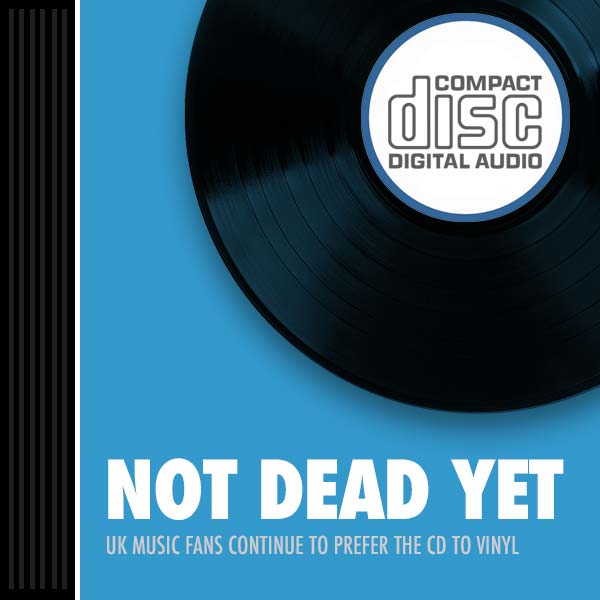
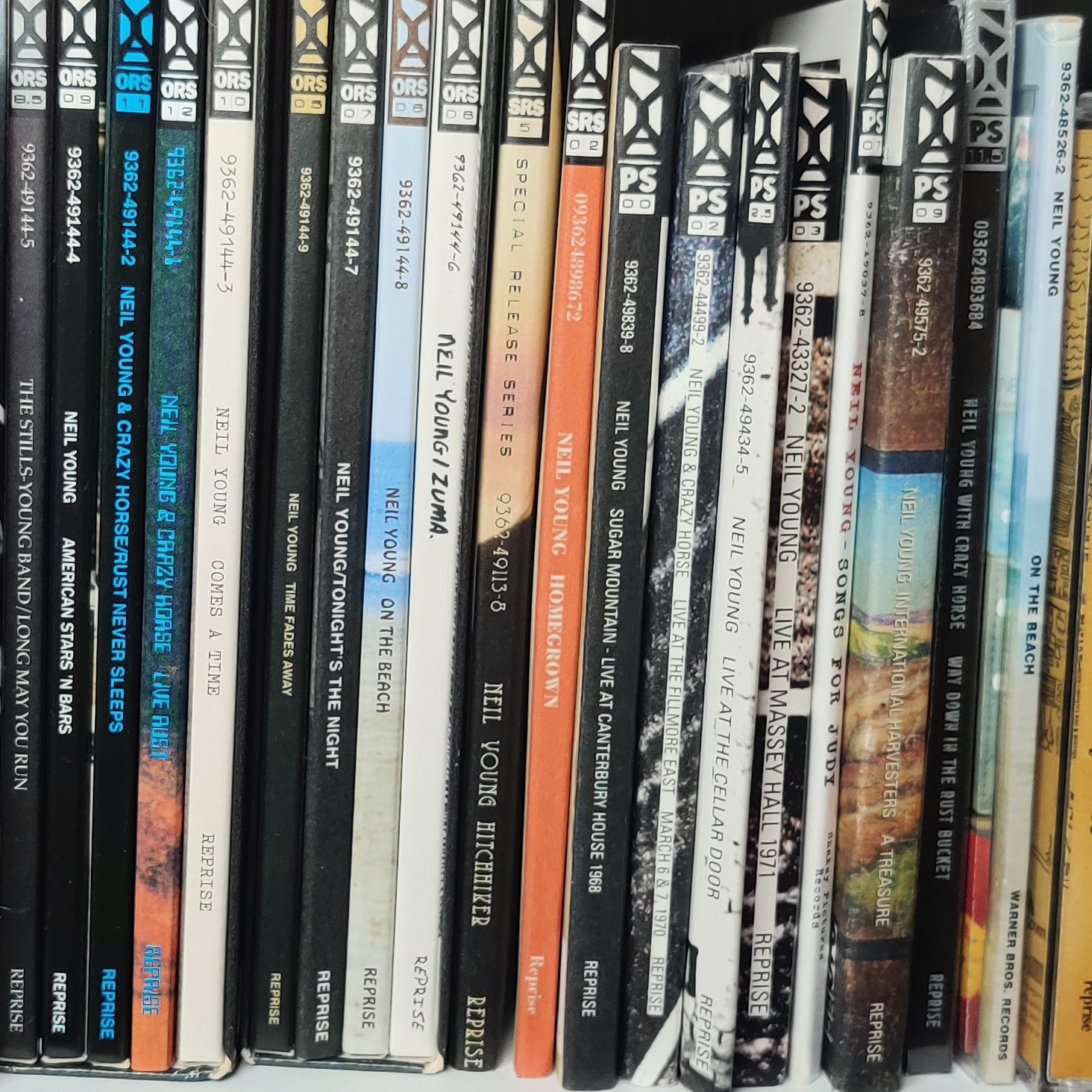


By Paul Sinclair
22